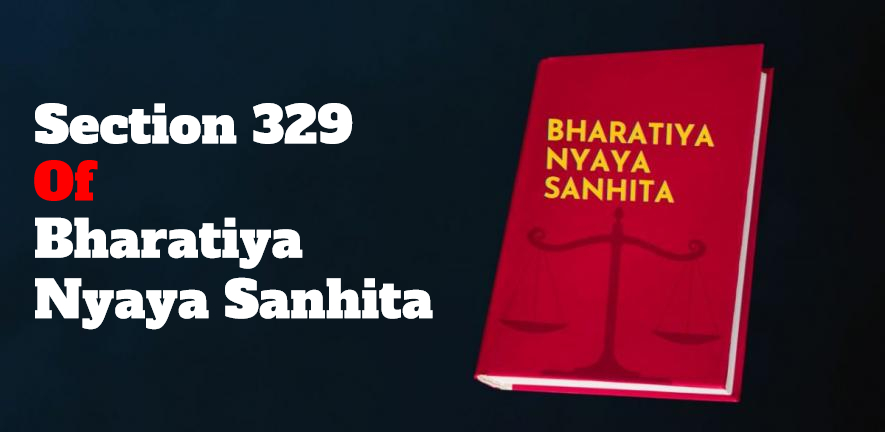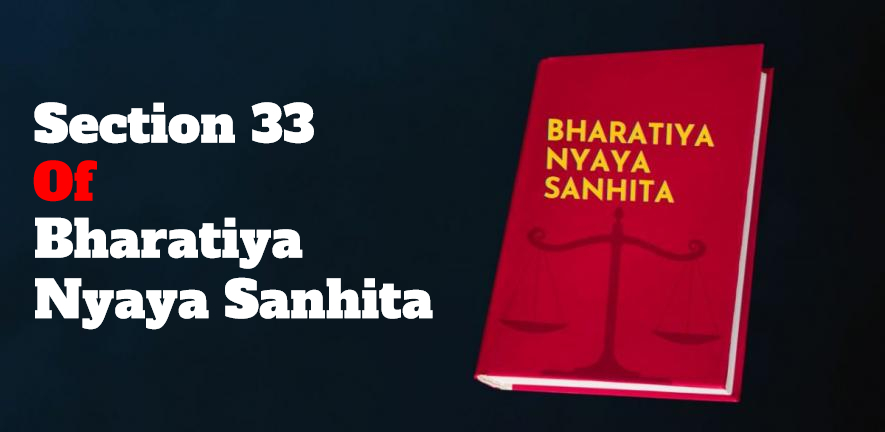Section 329 BNS
The Bharatiya Nyaya Sanhita (BNS) 2023 introduces significant reforms in the legal framework governing criminal offenses, particularly focusing on criminal trespass and house-trespass under Section 329. This section outlines the definitions, punishments, and legal implications of these offenses, reflecting a modern approach to property rights and personal security.
Understanding Criminal Trespass
Definition
Criminal trespass occurs when an individual unlawfully enters or remains on property that is in the possession of another person. The intent behind such actions can be to commit an offense or to intimidate, insult, or annoy the possessor of the property. This includes both unauthorized entry and remaining on the property without permission.
Key Elements
- Unlawful Entry: The entry must be without the consent of the property owner.
- Intent: There must be a clear intention to commit an offense or to cause annoyance to the rightful possessor.
- Physical Presence: The trespasser must physically enter or remain on the property.
Punishment for Criminal Trespass
According to Section 329(3) of the BNS, anyone found guilty of criminal trespass can face:
- Imprisonment for a term that may extend to three months.
- A fine that may extend to five thousand rupees.
- Alternatively, the offender may face both imprisonment and a fine.
Understanding House-Trespass
Definition
House-trespass is a more severe form of trespass defined as entering or remaining in a building, tent, or vessel used as a human dwelling or for worship. Notably, even partial entry into these premises is sufficient to constitute house-trespass.
Key Elements
- Unlawful Entry into Dwellings: This specifically involves entering residential properties or places of worship.
- Intent: Similar to criminal trespass, there must be an intent to commit an offense or cause harm.
Punishment for House-Trespass
Under Section 329(4) of the BNS, house-trespass is punishable by:
- Imprisonment for a term that may extend to one year.
- A fine that may also extend to five thousand rupees.
- Offenders can face both imprisonment and fines.
Comparison Between Criminal Trespass and House-Trespass
| Aspect | Criminal Trespass | House-Trespass |
|---|---|---|
| Definition | Unlawful entry onto any property | Unlawful entry into a dwelling |
| Intent | To commit an offense or annoy | To commit an offense within a dwelling |
| Punishment | Up to 3 months imprisonment or fine | Up to 1 year imprisonment or fine |
| Legal Framework | General trespass laws | Specific provisions under house-trespass laws |
Legal Procedures and Implications
Both offenses are classified as cognizable, meaning law enforcement can arrest without a warrant. They are also bailable, allowing for bail at police stations. Cases are triable in any magistrate’s court, ensuring accessibility for victims seeking justice.
Examples of Offenses
- A person entering a neighbor’s yard without permission with the intent to insult them constitutes criminal trespass.
- If someone breaks into a residence intending to steal, this would qualify as house-trespass.
Conclusion
Section 329 of the Bharatiya Nyaya Sanhita establishes clear definitions and penalties for criminal trespass and house-trespass, aiming to protect individuals’ property rights and personal safety. The distinctions between these offenses highlight the seriousness with which unlawful entry into private spaces is treated, reflecting contemporary societal values regarding privacy and security. As legal frameworks evolve, these provisions serve as essential tools for maintaining order and protecting citizens’ rights in India.

Adv Ashish Sharma has dedicated his career to helping individuals and businesses navigate the intricate legal landscape with confidence. From providing expert advice on current legal issues to offering clear explanations of legal principles, he strives to empower his audience with knowledge and understanding.


